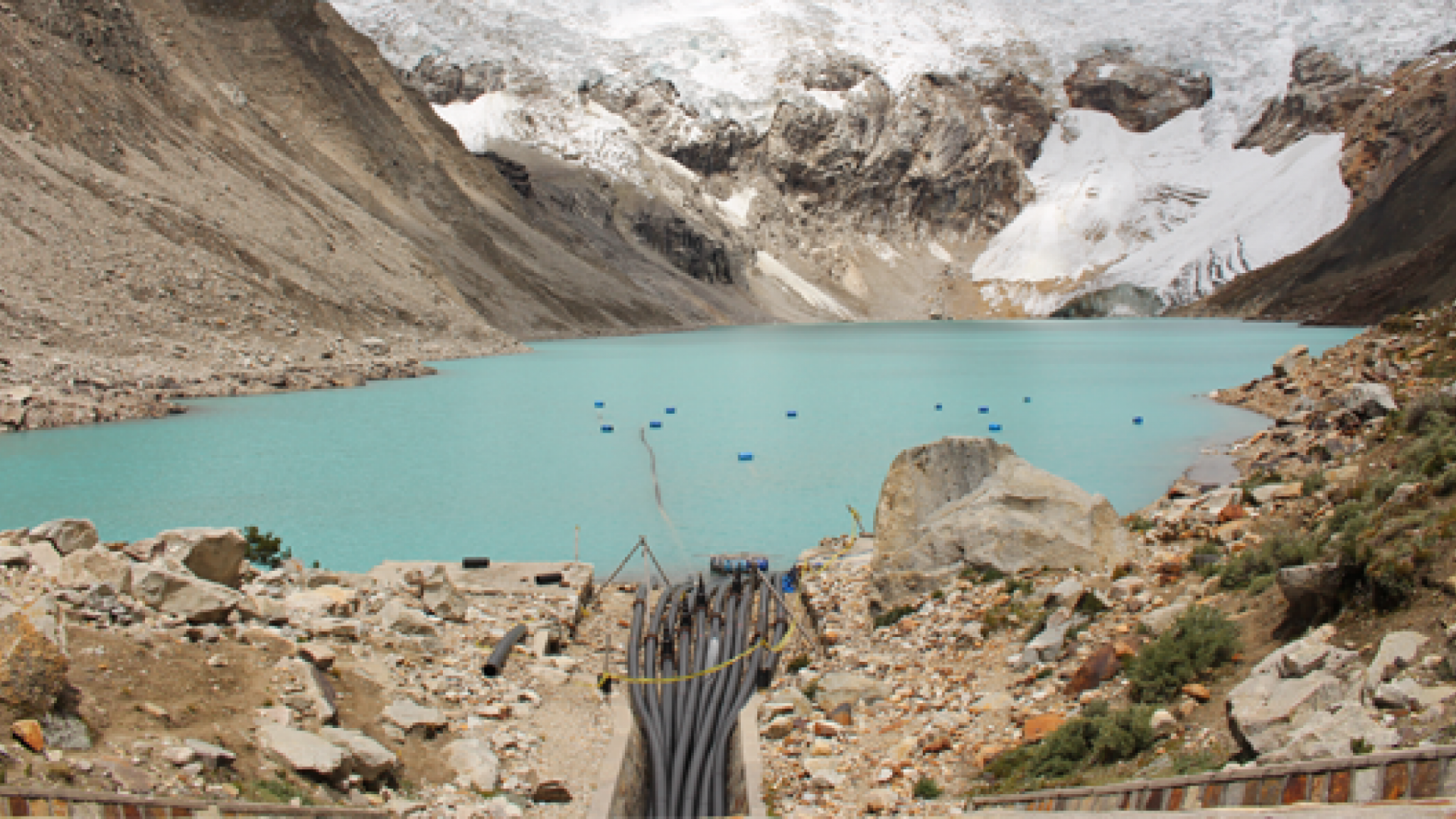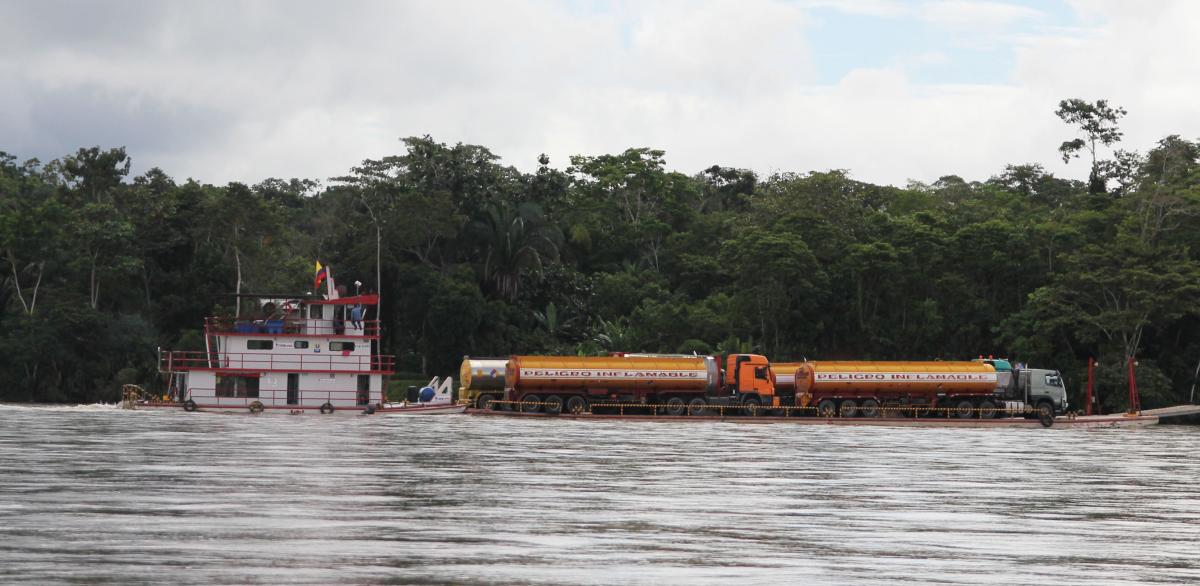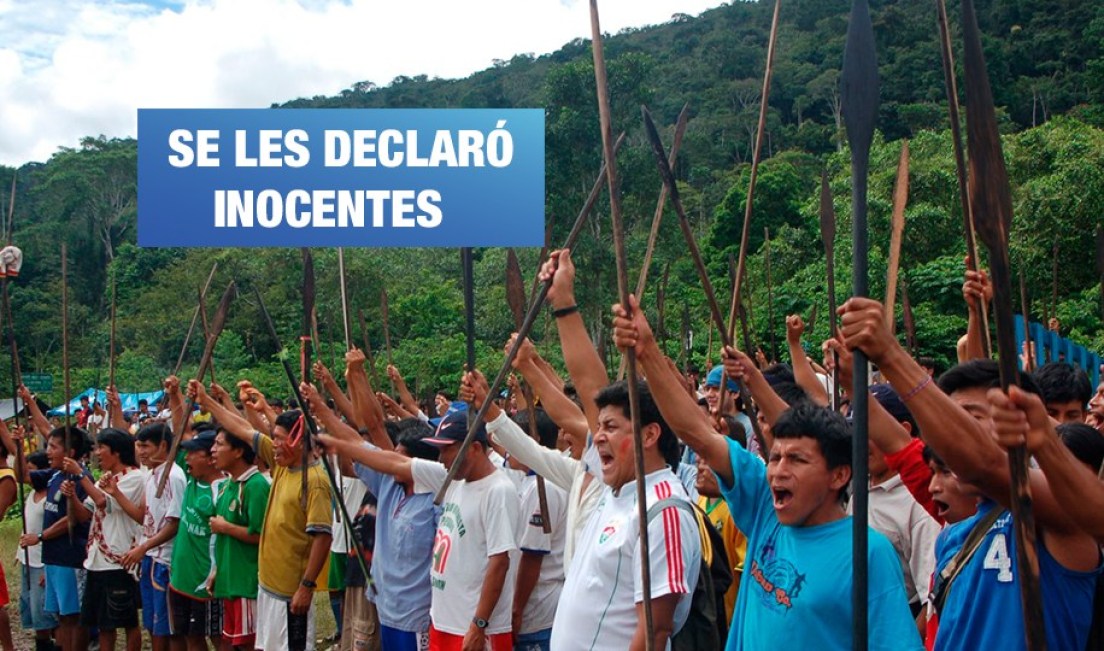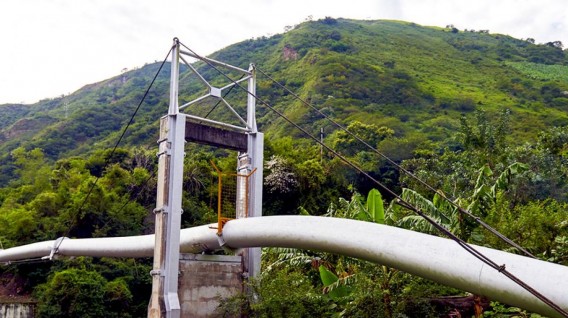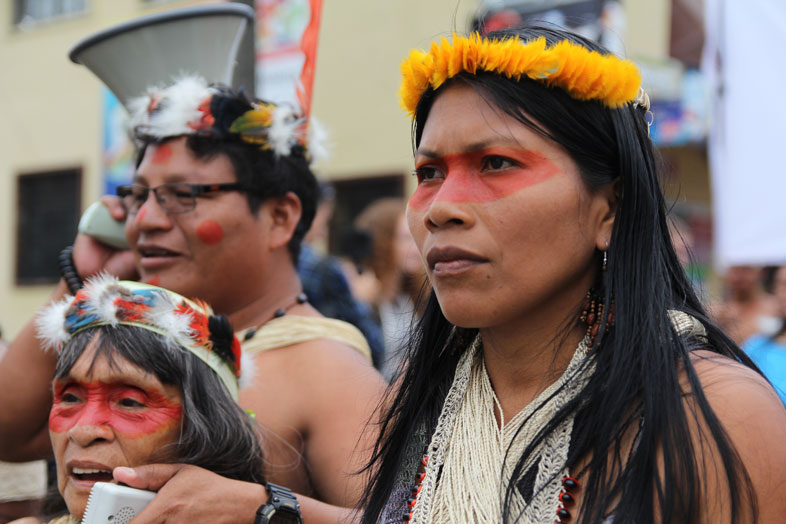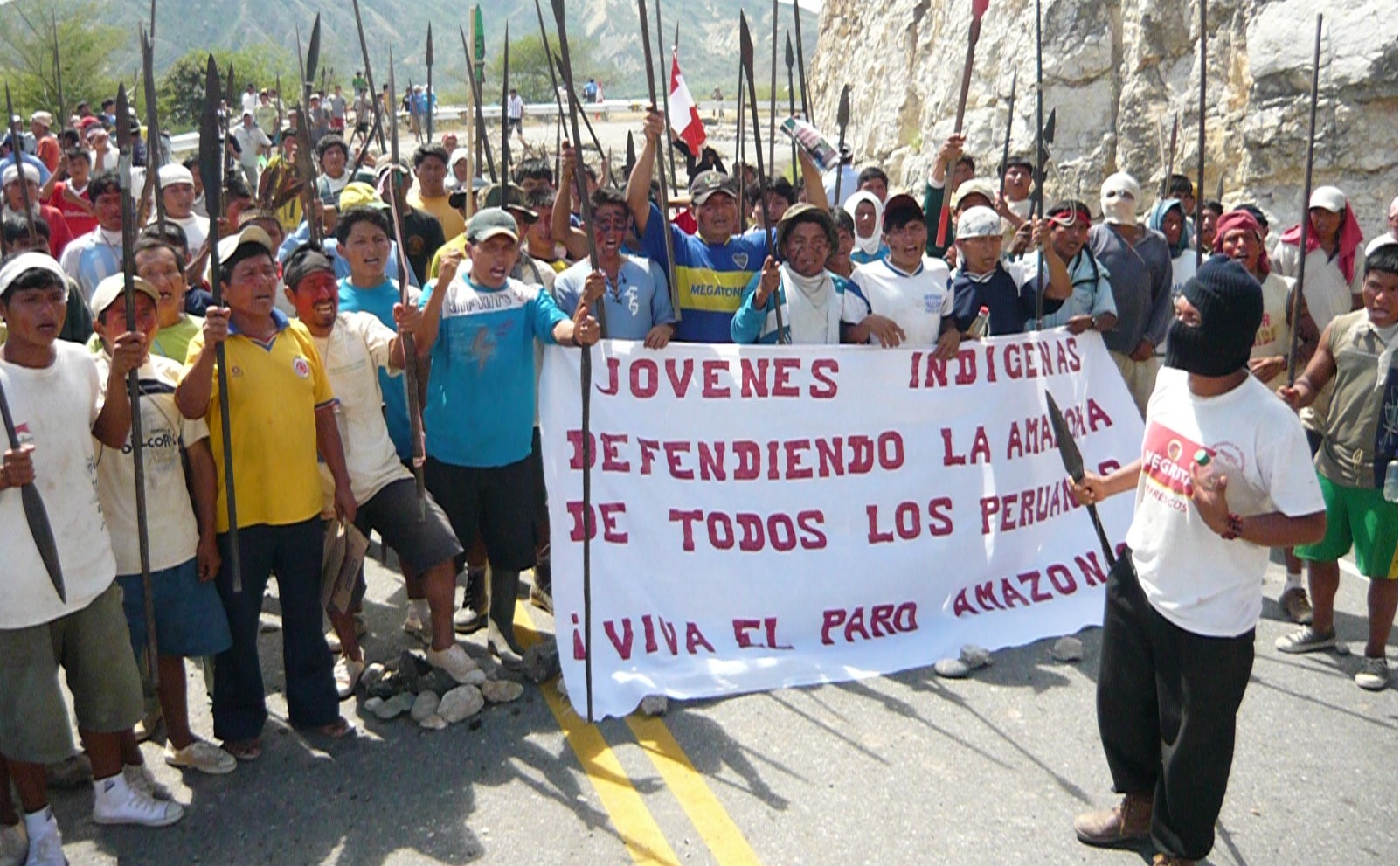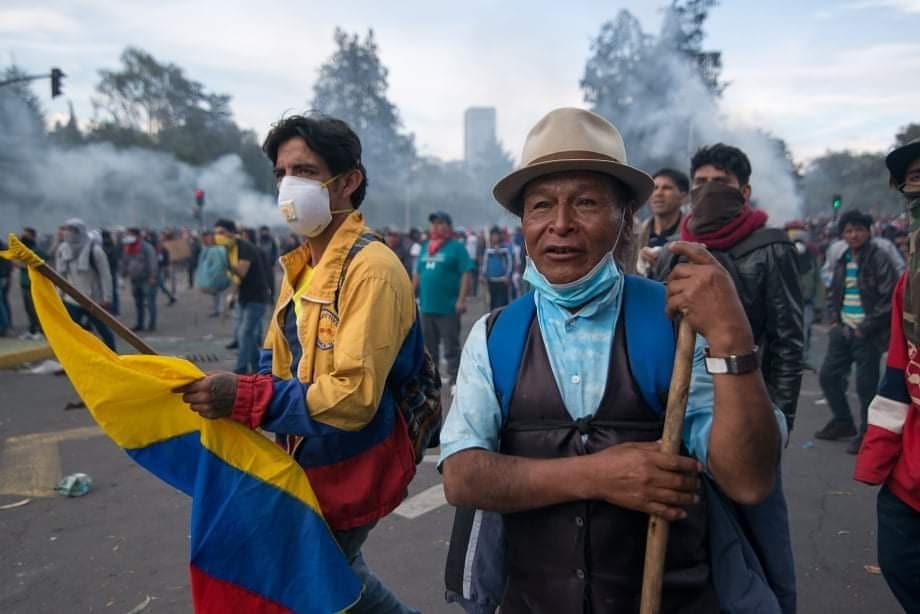
Ecuador: celebration as protesters score victory
Celebrations broke out across Ecuador after President Lenin Moreno agreed to overturn Decree 883, which would have eliminated fuel subsidies. Moreno’s capitulation followed 10 days of nationwide protests that left at least eight dead, hundreds injured and more than 1,000 detained. Moreno and protest leaders are to open a dialogue to find other means to cut Ecuador’s public spending. (Photo: CONAIE via Twitter)



